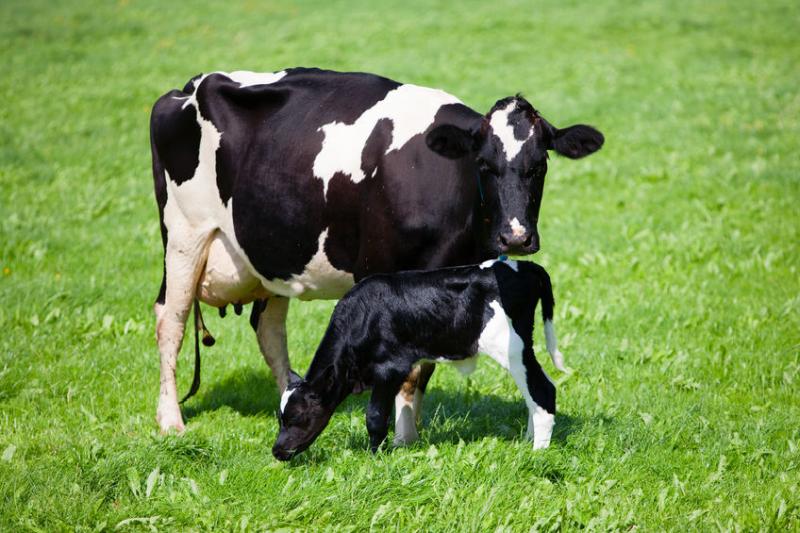
A dairy farm in Scotland has said it has begun a "farming revolution" to prove commercial dairy farming can be "ethical, sustainable and compassionate".
Cream O'Galloway's Rainton Farm at Gatehouse of Fleet, southwest Scotland, is planning on launching a crowdfunding campaign to enable members of the public to support its dairy farming system.
Their system uses uses milk from cows whose calves are allowed to stay with them to suckle.
The farm trialled the full system for the first time in 2012/2013. "It taught us a lot, and it cost us an awful lot," the farm stated.
"But the impact it made on cow contentment was staggering. All the animals were less aggressive and more confident with each other and with us, compared to normal dairy farming, where calves are removed from their mothers shortly after birth."
They believe the model will work because the farm produce most of its feed, fuel and fertiliser needs from the farm, turning waste into valuable inputs which makes it more resource efficient.
The farm said: "There will have to be some compromises from both sides but, by and large, the calf will get to stay with its mum (for up to 6 months) and, if the trial showed anything, both mum and calf will thrive."
"We’ve made changes to the layout of the cow barn so that we can better manage the arrangement. Last time we were on a steep learning curve, as were the calves who learned a lot faster than us and tended to run circles around us. This time we’ll be better prepared."
Cream O'Galloways said it wanted to "de-intensify" dairy farming as a growing public eye looks at the sector due to the popularity of social media.
The farm is now seeking independent professional organisations to study the model and give it their ‘seal of approval’.
It will also need to finance the project, since the calf will be drinking about half the milk for the first 6 months after calving.
The farm has received a loan from a welfare charity to help pay costs.
